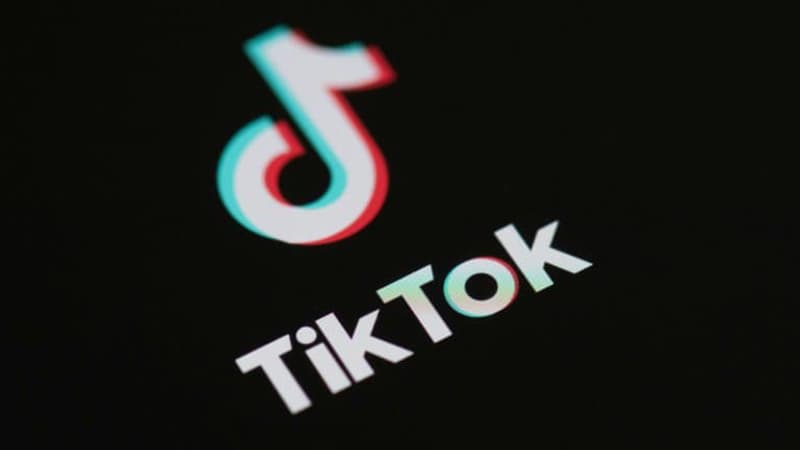It is not a new fashion challenge that is being talked about on TikTok at the moment, but rather a new drift. A BBC investigation this week surfaced reports that the Chinese giant would recoup commissions on income earned during live streaming of Syrian families on the platform. Images transmitted directly from the refugee camps in Syria. British media revelations even claim that TikTok would take up to 70% of the revenue collected.
live hours for little money
Broadcasting live on TikTok has become commonplace for many users. It is still necessary to be equipped with a smartphone and an Internet connection. This is where brokers working for TikTok affiliated agencies in China and the Middle East come in.
These relays offer families SIM-equipped, out-of-the-box phones and turnkey TikTok accounts that already have 1,000 subscribers, a sine qua non for live streaming. The BBC notes that SIM cards come almost exclusively from the UK. The reason is simple: TikTok’s algorithm primarily serves content based on the user’s geolocation. And the British would be the most generous donors in the world.
Therefore, Syrian families spend whole days live on the social network, asking for some “gifts”. Giveaways are a way for viewers to react to videos. These gifts are, of course, virtual, but they actually cost the givers money. A simple rose (in the form of a drawing) costs 1.5 cents when a lion, the most expensive gift on the platform, costs 500 euros. The money collected can be recovered from your bank account.
But what may seem like an opportunity for families to raise money is ultimately just wishful thinking. A Syrian BBC reporter tried the experiment by pretending to be a resident of a Syrian camp. By the end of the broadcast, the journalist had raised $106. But when he received the debt from him, the account only showed a $33 donation, as TikTok ultimately took a 69% commission. Discounting the commission of the intermediary that supplied the equipment (35%) and the money transfer (10%), the amount received thus went from 106 to 19 dollars.
TikTok wants to end the exploitation of minors
With the BBC, the Chinese platform denies charging such a percentage on each live video, but refuses to reveal the exact figure. TikTok is trying at the same time to regulate this begging, in particular due to the presence of children in the sequences, which could be assimilated to the exploitation of minors.
The social network’s community guidelines, available on its site, are very clear: “We prohibit activities that perpetuate the abuse, harm, endangerment, or exploitation of minors on TikTok. Any content, including animation or media created or manipulated digitally, which represents the Abuse, exploitation or endangerment of minors is a crime on our platform and will be removed as soon as it is detected”.
Following the dissemination of the investigation by the BBC, TikTok wanted to react: “We are extremely concerned about the BBC’s accusations and have taken immediate and rigorous action. This type of content is not allowed on our platform and we will reinforce our policies by regard”. begging and exploitation”.
The company also banned around 30 affected accounts. But that doesn’t stop the business from continuing. A simple search with the hashtag #Syria on TikTok reveals several live videos of families. Men, women but especially children, who repeat their requests over and over again, and allow TikTok to always earn a little more money.
Source: BFM TV


